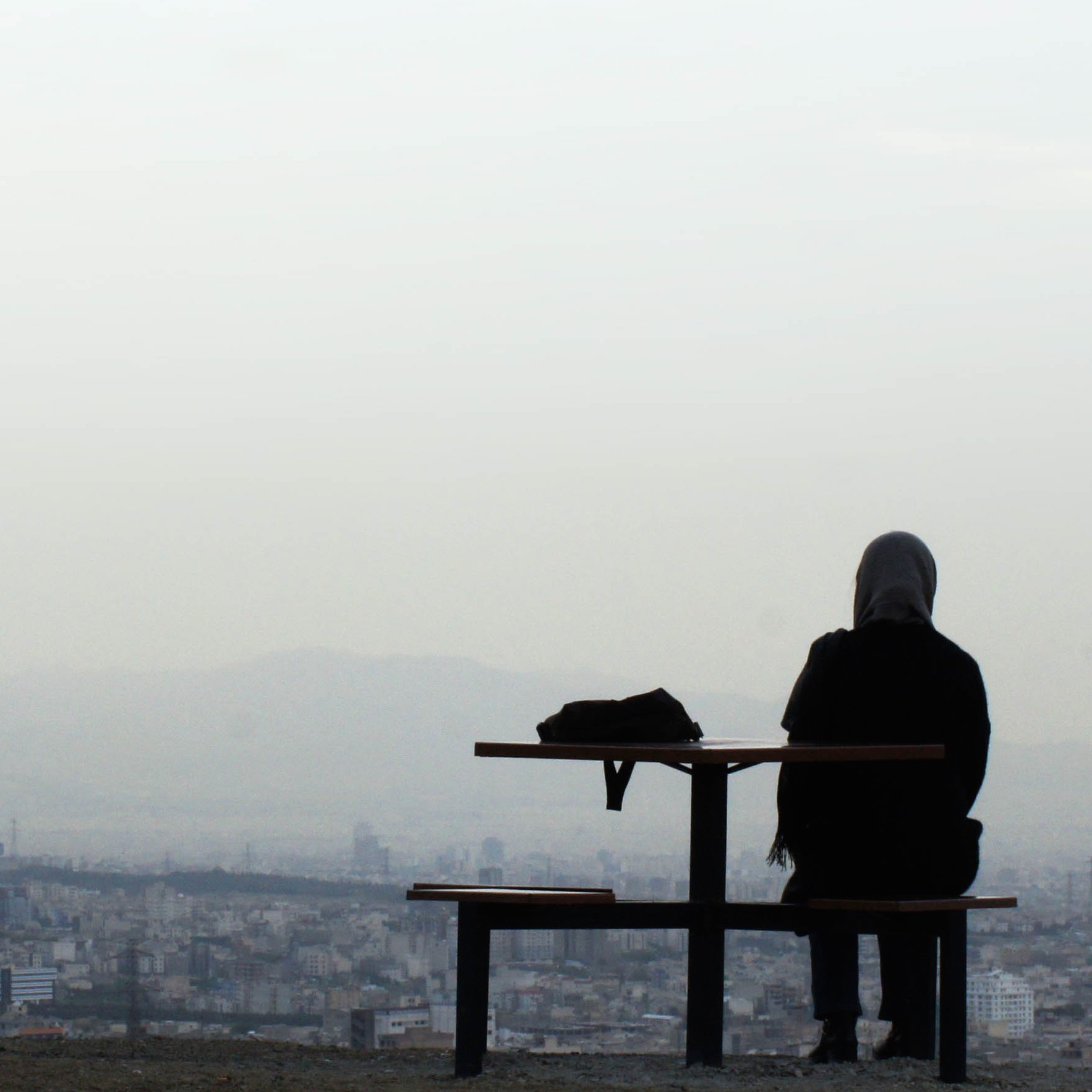Mohammad Rasoulof’s harrowing film about everyday struggles in modern-day Iran
Iranian films have a reputation for being painfully real, and Goodbye is certainly no exception to the rule. Directed by Mohammad Rasoulof, who, like the protagonist in his film, had a falling out with the authorities - along with fellow filmmaker Jafar Panahi - the film is at once a window into the bleakness of modern day Iran, and a reflection of the director’s own predicament.
Goodbye follows the story of Noura (Leila Zareh), a lawyer in Tehran who has been banned from further practicing her profession due to a controversial case she happened to be working on. With her career at a dead end, a baby on the way, and a strange feeling of exile in her own country, Noura decides to leave Iran for good. As with A Separation, the recent Oscar-winning film by a contemporary of Rasoulof’s, Asghar Farhadi, the plot is deceptively simple. However, in the tradition of modern Iranian cinema, it’s not so much the plot of the movie that’s the focal point, as it is the way in which the story is told; and as a storyteller, Rasoulof is certainly formidable.
Indeed, when watching Goodbye, it’s the visuals, the pace of the story, and the overall mood evoked by the scenes that attracts the viewer’s attention the most. Set at a slow, almost monotonous pace with intermittent moments of dialogue, and showcasing the bleak, dull, grey and blue shades of the sprawling metropolis of Tehran, Rasoulof poignantly depicts Noura’s - and his own - despair and helplessness. As well, during the film one can often hear the sound of airplanes flying over the sooty cityscape, further intensifying Noura’s wish to escape. All of these effects beautifully merge to form an overall sense of depression and gloom, which the viewer cannot help but be affected by.
When one is a stranger in one’s own country, it is better to be a stranger in a foreign land
After being harassed by officials in her own home, and receiving news that her baby will be born with Down’s Syndrome, Noura is advised to leave the country, and have her child abroad. While the decision to leave one’s country is indeed a difficult one, as Noura herself admits in an unforgettable moment, ‘when one is a stranger in one’s own country, it is better to be a stranger in a foreign land’.
While things seem to be brightening up for her in the end, Rasoulof reminds us in the style of the Iranian neorealist filmmakers, that stories don’t always end on a happy note. As such, the feeling of desperation felt during the film is carried on with the viewer even after the film ends. Perhaps the only positive thing about the film may be its title, which in Persian, translates to ‘in the hope of meeting again’ (Be Omid-e Didar), implying that Noura’s farewell to Tehran may not be her last.
As a native of Tehran who has visited the city countless times, I can attest that Rasoulof’s depiction of the city is nothing short of brilliantly accurate. While many films set in the city may succeed in highlighting one aspect of the direness therein, it is only Rasoulof’s film that I’ve seen, which so wonderfully recreates the sinking feeling of hopelessness and melancholy I can never help but avoid whenever I visit. The monotony of everyday life, the preponderance of black chadors against grey landscapes, the generic ashen look on the populace, the distant cries of moazzens, and the occasional sound of airplanes hovering overhead - reminding one that there is a way out - are hauntingly brought to life in this dark gem of a film.

